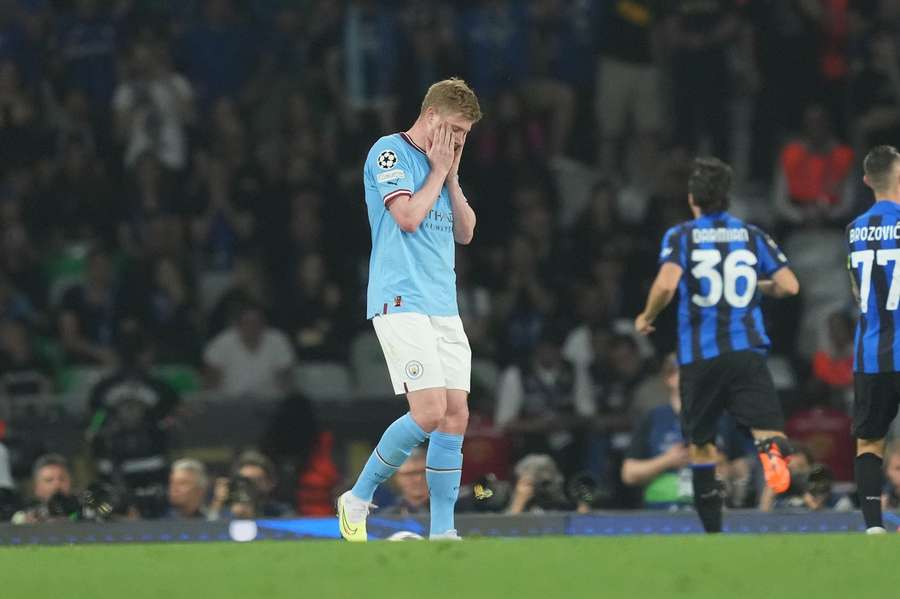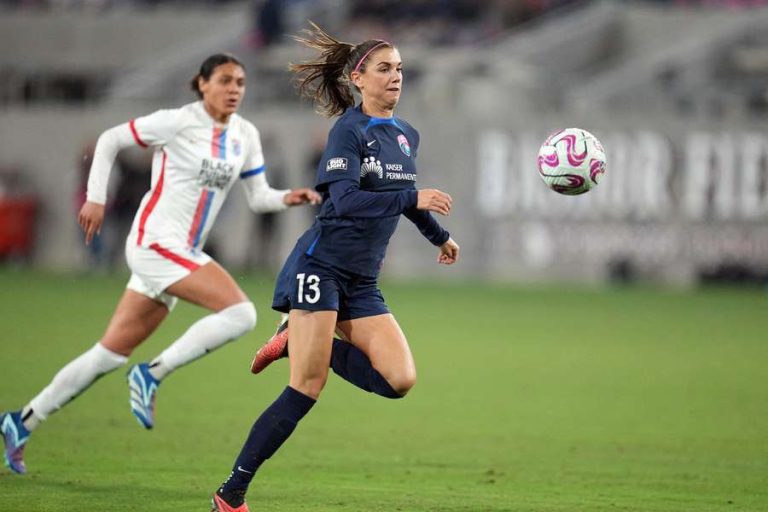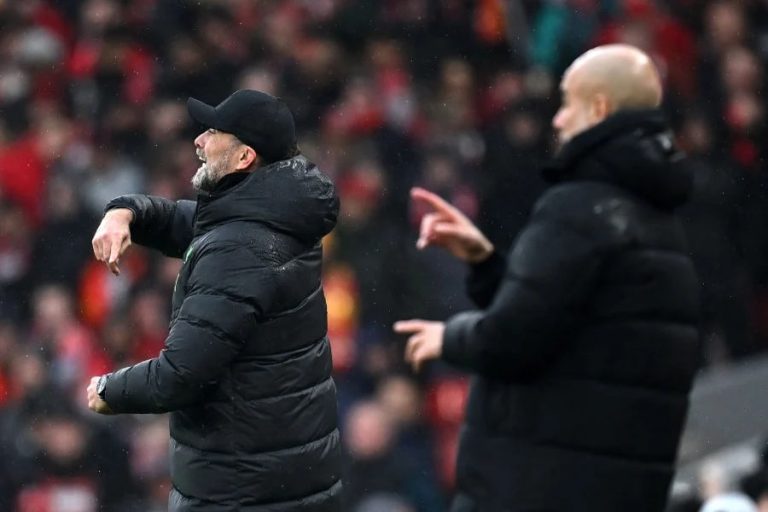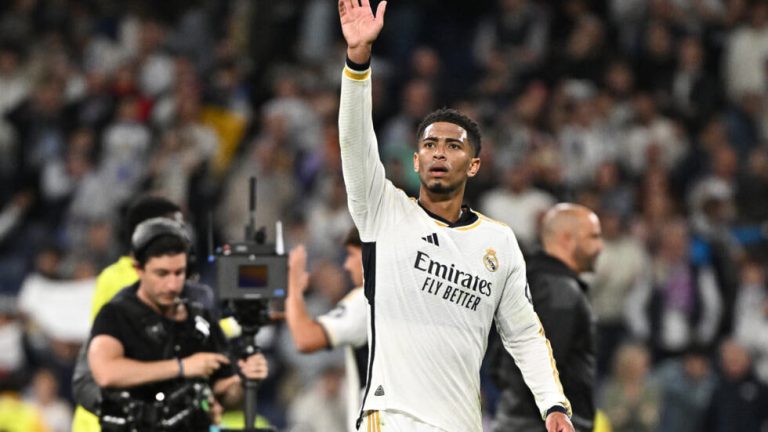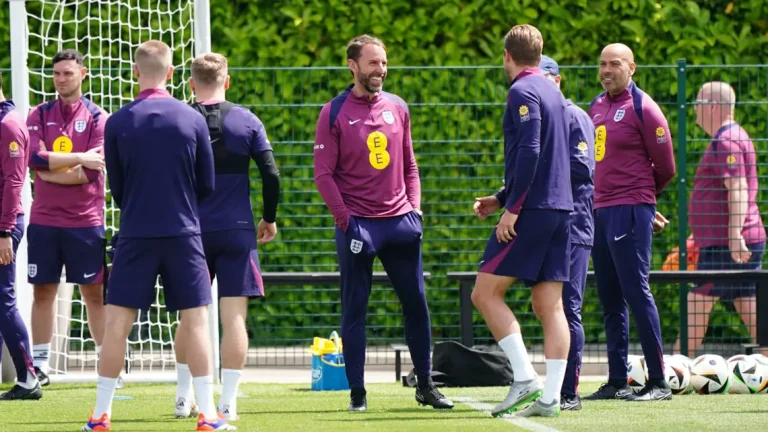PFA chief thinks packed football schedule harms quality
In the eyes of Maheta Molango, the head of the English Professional Footballers’ Association, the congested schedule plaguing football poses not only a threat to player health but also jeopardizes the quality and appeal of the sport as a whole. Molango, at 41, brings a seasoned perspective to the discussion, shedding light on the escalating demands placed on players in recent years due to the expansion of tournaments and the proliferation of new competitions.
The landscape of international football has undergone significant transformation, with tournaments such as the World Cup and the European Championship expanding to accommodate more teams. The impending expansion of the World Cup to 48 teams in 2026 marks a significant shift in the sport’s global landscape, while the European Championship and Africa Cup of Nations have already swelled their ranks to 24 teams in recent editions. Furthermore, FIFA’s Club World Cup is poised to undergo a transformation of its own, evolving into a 32-team spectacle by 2025. The intensification of competition is evident even at the club level, with UEFA’s Champions League set to increase the number of group stage games per team from six to eight starting next season.
Get real-time football scores here!
The repercussions of this congested schedule are palpable on the field, with top managers like Pep Guardiola and Jurgen Klopp vocalizing their concerns over the lack of rest and its toll on player performance and well-being. Guardiola’s frustration with Manchester City’s packed fixture list following a brief winter break underscores the relentless nature of the modern football calendar, while Klopp’s lamentation about Liverpool’s injury crisis reflects the mounting physical strain on players.
Molango points to the Champions League final between Manchester City and Inter Milan as a cautionary tale, where the absence of key players like Kevin De Bruyne due to injury and fatigue-induced struggles among others marred what should have been a showcase event. The erosion of quality on the pitch is symptomatic of the overarching issue plaguing football – the prioritization of commercial interests over player welfare and product integrity.
Drawing parallels with the NFL, Molango underscores the importance of striking a balance between revenue generation and preserving the essence of the sport. Despite playing fewer games than their football counterparts, the NFL commands a staggering TV rights deal, signaling the value of scarcity and quality over quantity. Molango’s advocacy for a more nuanced approach to scheduling echoes the sentiments of players’ associations worldwide, who champion the cause of player welfare amidst the relentless pursuit of profit.
In the quest for financial gain, football administrators risk undermining the very essence of the sport, turning a blind eye to the toll it takes on the athletes who are its lifeblood. Molango’s call for a recalibration of priorities serves as a wake-up call to stakeholders across the footballing landscape, urging them to heed the voices of players and prioritize their well-being above all else. Only through a concerted effort to strike a balance between commercial interests and player welfare can football reclaim its status as the beautiful game.

